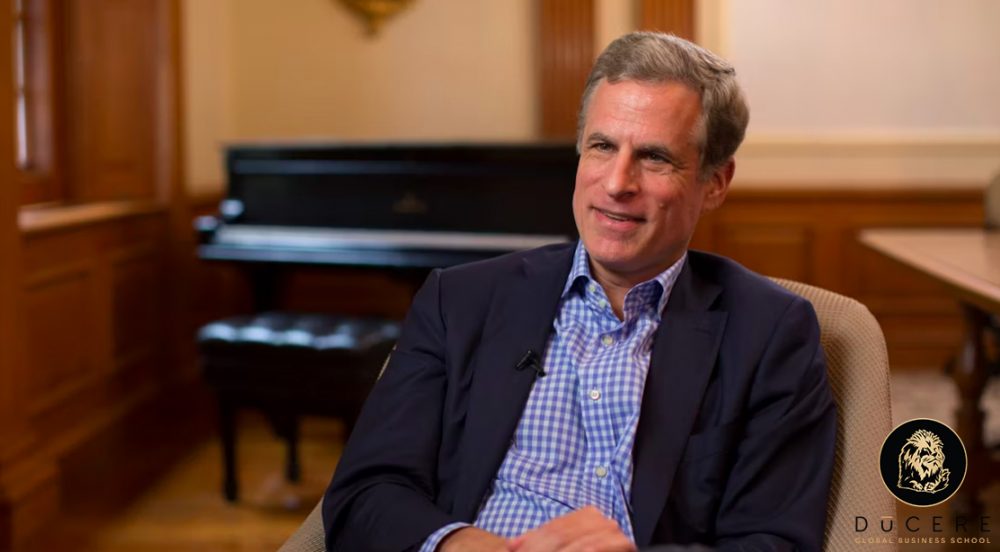Inspired by his father, a truck driver for the New York Daily News, Robert Kaplan decided he wanted to be a journalist. So, after graduating with an English degree, he applied to a number of major newspapers – but found himself rejected.
Instead, he flew to Israel to join the army, grabbing every opportunity to report on Middle East affairs and eventually becoming a war correspondent in Iraq and Afghanistan. A series of books on politics and leadership followed, as well as a stint as Goldman Sachs’ Head of Corporate Finance and a long-term professorship at Harvard.
His famous 1994 article The Coming Anarchy assessed the post-Cold War era with a series of prescient predictions about the geopolitical turmoil and civil strife that was to come.
He also served as a consultant to the United States Army’s special forces, the FBI and Marines. After 9/11, he became a trusted advisor to President George W Bush but later criticized the war in Iraq.
Strength through weakness
Kaplan’s views on leadership have been hugely influential as they run contrary to the once-popular assumption that senior executives need to display strength and certainty.
“By the time they get to be CEO, a lot of people have a preconceived notion about what they’re supposed to do,” the Ducere Global Leader Faculty Member says. “They think they’re not supposed to ask questions, that they’re supposed to act like they have all the answers. That’s not what a leader does. The reason leaders fail is often isolation and the inability to learn.”
He argues strongly that vulnerability isn’t the same as weakness.
“The tone from the top must be developing yourself and those you work with. You need to own it, understand your strengths and weaknesses and help your people do the same.”
“Many believe a leader is supposed to be superman or woman. ‘Now I’m in charge, people are looking at me so I can’t admit weakness, admit that I don’t know or I’ll look like a weakling.’
“I’ve had lots of people say to me, ‘Won’t my people think less of me, that I shouldn’t be the leader?’ They’re reluctant to learn because they’d have to ask a question, seek advice, admit they need help,” he continues. “In my opinion – and I feel strongly – being willing to do that will actually make a leader seem more powerful, more confident, more impactful.”
Whether you’re commanding a platoon behind enemy lines or reshaping corporate attitudes, a leader must continually learn and seek advice from trusted sources.
“The tone from the top must be developing yourself and those you work with. You need to own it, understand your strengths and weaknesses and help your people do the same.”
The CEO Magazine is proud to have partnered with Ducere Global Business School to bring our readers career-driven MBA programs. Click here to find out more.







